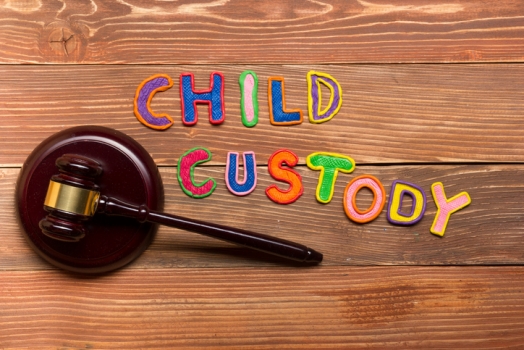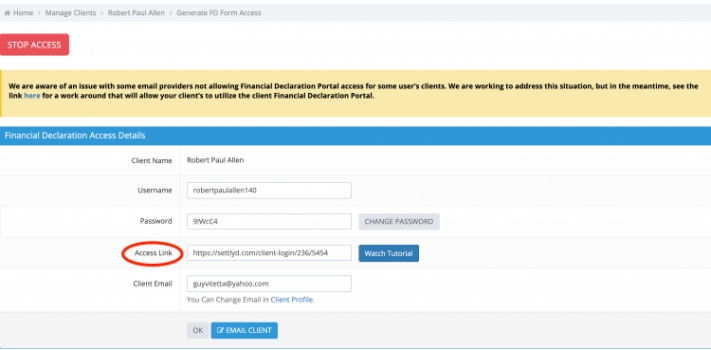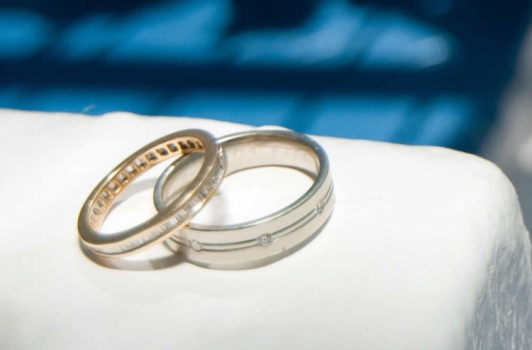
The Guardian ad Litem in a private family court case: A process unique to family law.

One of the most common questions family law attorneys get from new clients is what is this thing called a "guardian" and do they have to have one involved in their case?
When a family court case involves custody of a child it is the policy of our courts to keep the child out of the middle of their parent's dispute and appoint a guardian ad litem to represent their best interests. In virtually all other courts the only restriction to a minor testifying as a witness is competency: is the minor old enough to know the difference between the truth and a lie? Children are witnesses to many conflicts that end up in court, such as crime and car crashes, and are often required to testify truthfully before judges and juries if they are deemed competent.
In family court a child will not be permitted to be a witness for or against a parent. The judge will appoint a guardian when she “...determines that...without a guardian ad litem, the court will likely not be fully informed about the facts of the case and there is a substantial dispute which necessitates a guardian ad litem.” S.C. Code § 63-3-810. If the parents can not agree upon a parenting plan and dispute other important issues involving a child, a court will always appoint a private guardian at the parties expense.
The guardian will be the child's witness in court and will represent his or her best interests. A guardian's responsibilities require that they conduct an independent, balanced, and impartial investigation to determine the facts relevant to the situation of the child and the family. They will meet with the children, the parents, review medical, school and mental health records, and speak with any other person with facts relevant to the case. A guardian may also consider the wishes of the child.
Guardians are very helpful in cases where mental illness or substance abuse issues are alleged. They can quickly provide independent information about key issues effecting the child and make appropriate referrals and/or recommendations to the court. Guardians are not permitted to make specific custody recommendations however, the best interests of the child will almost always be obvious in their written report.
In cases where custody is not obvious, it may be a good idea to hold off on appointing a guardian until after the parties have attempted to settle their case in mediation. Guardians can be expensive and in a close custody case there is often nothing lost by trying to settle first. On the other hand, in a contested case with clearly defined issues the early involvement of a guardian can be essential.
Guy Vitetta
Charleston, South Carolina




